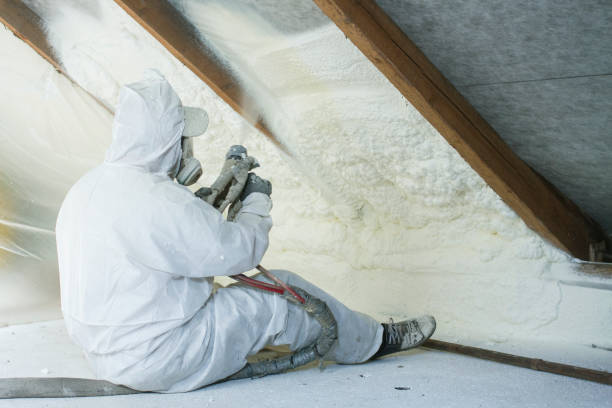Introduction: Insulation is an essential component of building construction, responsible for regulating temperature, reducing energy consumption, and improving overall comfort levels. Despite its significance, many people overlook the importance of insulation, leading to poorly insulated homes and commercial spaces. In this guide, we’ll take a closer look at the different types of insulation, their benefits, and best practices for installation.
Types of Insulation
There are several types of insulation, each with its unique properties and benefits. The most common types of insulation include:
- Fiberglass
- Cellulose
- Spray foam
- Rock and slag wool
- Polystyrene
- Natural fibers
Fiberglass Insulation
Fiberglass insulation is one of the most widely used types of insulation. It’s made from recycled glass that has been melted and spun into fibers. This type of insulation is typically sold in batts or rolls and can be easily installed by homeowners or contractors,check home insulation contractors near me.
Cellulose Insulation
Cellulose insulation is made from recycled paper that has been treated with fire-retardant chemicals. This type of insulation is typically installed in loose-fill form, making it ideal for filling in spaces and hard-to-reach areas.
Spray Foam Insulation
Spray foam insulation is a versatile and effective insulation option. It’s applied as a liquid and expands to fill gaps and cracks, providing a tight, air-sealed barrier. Spray foam insulation is ideal for new construction or renovations, as it can be easily installed in hard-to-reach areas.
Rock and Slag Wool Insulation
Rock and slag wool insulation are made from natural rock materials that have been melted and spun into fibers. This type of insulation is fire-resistant, making it an excellent choice for high-risk areas such as attics and walls.
Polystyrene Insulation
Polystyrene insulation is made from small beads of polystyrene that are molded into sheets or blocks. This type of insulation is lightweight, making it easy to install, and is an excellent choice for insulation projects that require minimal disruption to existing structures.
Natural Fibers Insulation
Natural fibers insulation is made from renewable materials such as cotton, sheep’s wool, and bamboo. This type of insulation is sustainable and environmentally friendly, making it an excellent choice for eco-conscious homeowners and builders.
Benefits of Insulation
Insulation offers several benefits, including:
- Improved energy efficiency
- Enhanced comfort levels
- Reduced noise levels
- Increased property value
- Protection from fire and other hazards
Improved Energy Efficiency
Insulation helps regulate temperature and reduce energy consumption in buildings. This results in lower energy bills and a more sustainable living environment.
Enhanced Comfort Levels
Insulation helps keep the heat in during the winter and keep the heat out during the summer, resulting in a more comfortable living environment.
Reduced Noise Levels
Insulation helps reduce noise levels by absorbing sound waves and blocking noise transmission. This is particularly important for homes and commercial spaces located in noisy areas.
Increased Property Value
Well-insulated homes and commercial spaces are more attractive to buyers and can command higher prices. This is because insulation is seen as a long-term investment in energy efficiency and comfort.

